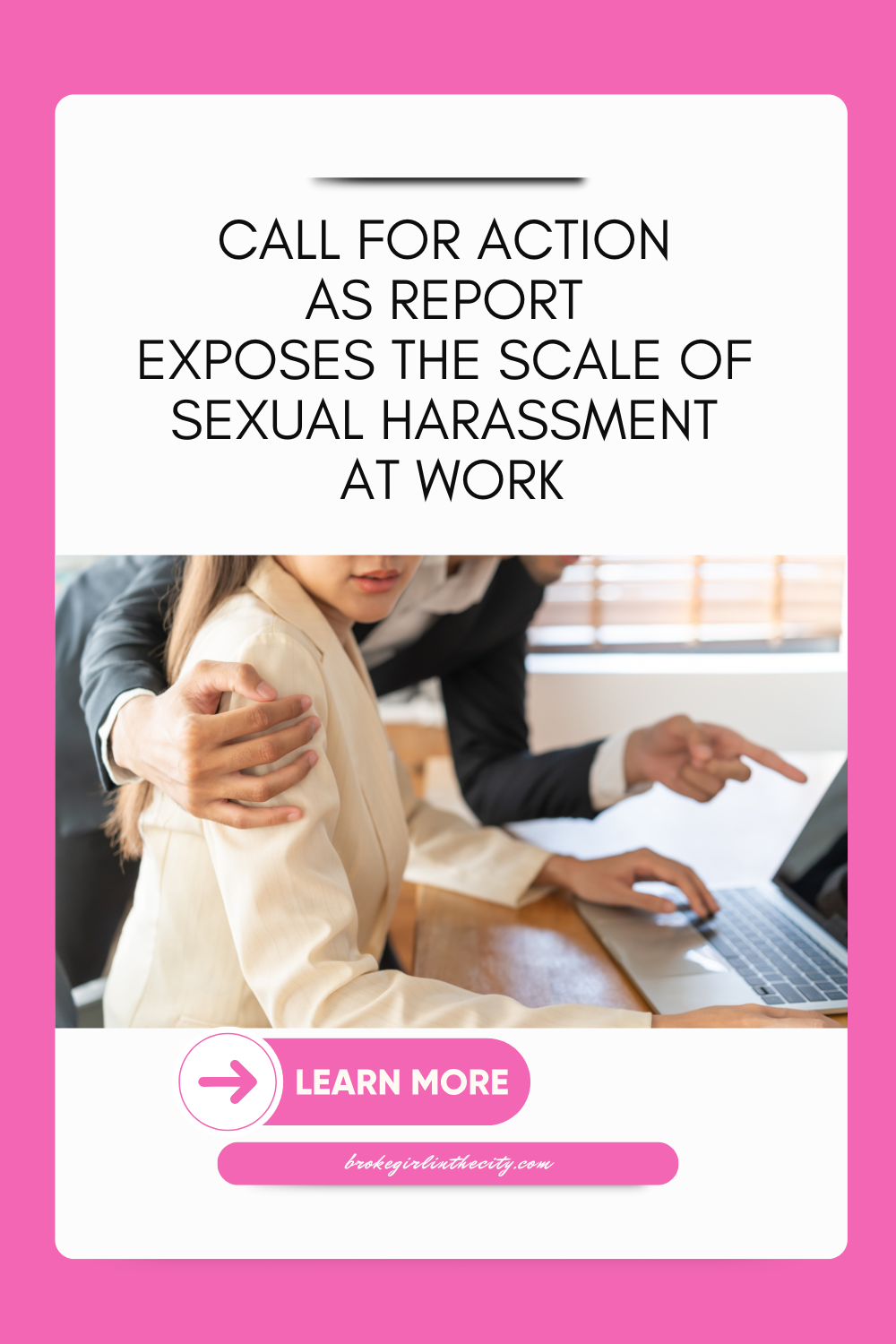
Call for action as report exposes scale of sexual harassment at work
A new survey has revealed that sexual harassment remains widespread in UK workplaces. It is often underreported. These findings are prompting renewed pressure on employers to act. Legal reforms are advancing.
The Unite the Union survey involved more than 23,000 workers. It found that 60% of women have experienced sexual harassment during their working lives. In Scotland, nearly 40% of women said they had been harassed. Most of those affected did not report what happened, citing fears of not being believed or of facing retaliation. Many said they were not sure how or where to report it.
60 per cent of women have experienced sexual harassment during their working lives
Employers to prevent sexual harassment and procedures
This week, the government confirmed that its new Employment Rights Bill will include a ban on certain types of agreements. These agreements stop victims of workplace abuse from speaking out. The legislation builds on the Worker Protection Act that came into force in 2024. It also strengthens employers’ responsibilities around harassment. It places a legal duty on employers to take reasonable steps to prevent sexual harassment and improve response procedures.
Ruth Sparkes co-founded the reporting platform SaferSpace with Sunita Gordon and Shane Mann. She said the survey results were sadly unsurprising.
“This confirms what many of us already knew. The reality for a huge number of workers, especially women and young people, is different. They experience harassment. They don’t report it. Sometimes it’s fear. Sometimes it’s uncertainty. Often it’s because they’ve seen what happens when others try to speak up,” she said.
Sparkes is a former Royal Navy engineer. She said the death of soldier Jaysley Beck in 2021 had a lasting impact on her. It stayed with her throughout the project. This occurred after sustained harassment by a senior officer. She described Beck’s case as tragic. It exemplifies what happens when systems fail the people they are supposed to protect.
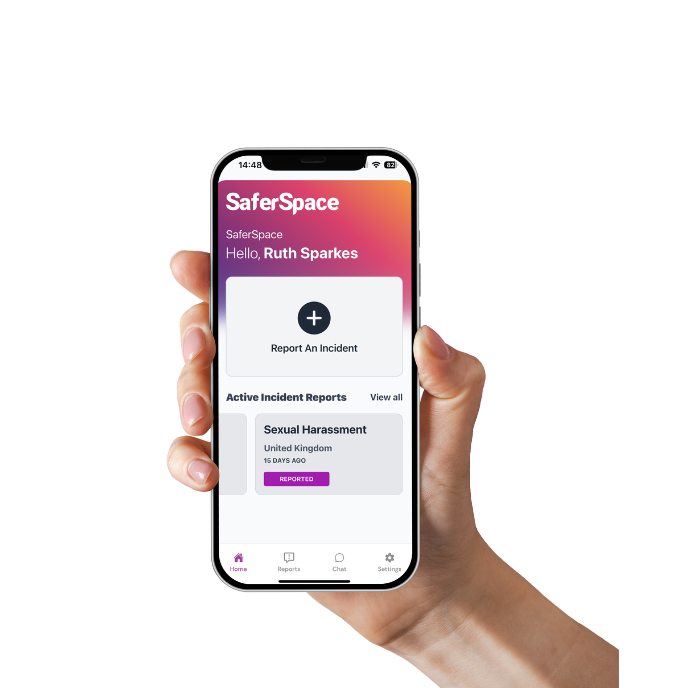
SaferSpace is a secure, confidential platform designed to help
SaferSpace, created in 2024, offers a secure, confidential platform for staff to report workplace concerns. The app allows anonymous or named submissions, with reports routed to designated safeguarding or HR staff for triage and follow-up. A built-in chatbot, based on the UK Equality Act, helps users check whether their experience means harassment or discrimination. All reports are securely logged and auditable, with oversight dashboards for governance teams.
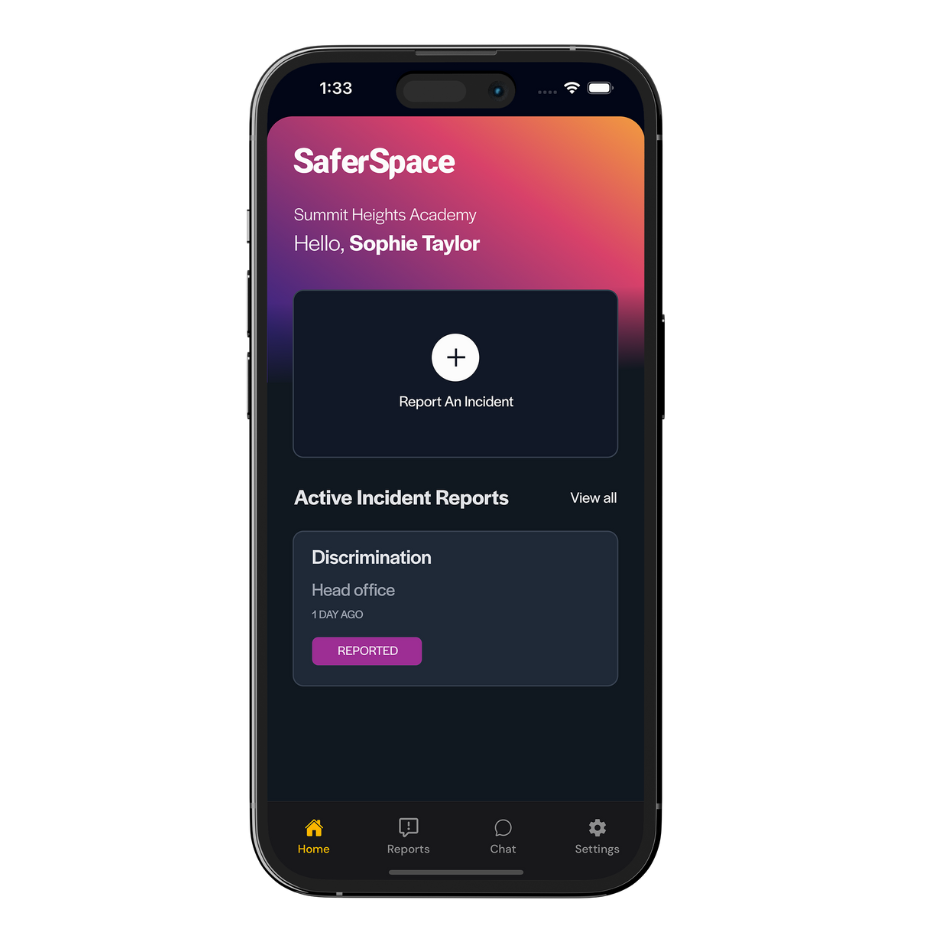
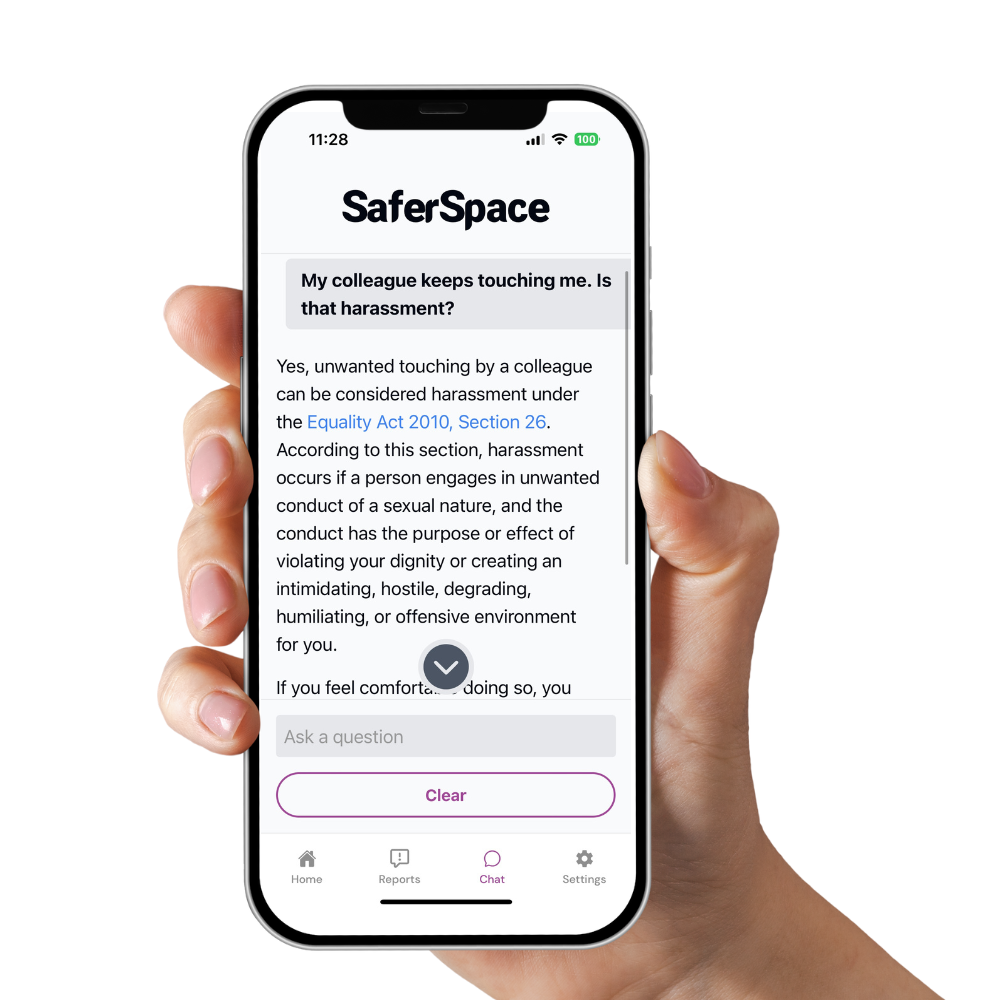
Recent years have seen repeated failures across sectors.
McDonald’s UK has received more than 1,000 reports of workplace harassment. These include allegations of “sex for shifts.” This situation resulted in a legal agreement with the Equality and Human Rights Commission. Harrods is now facing over 250 misconduct claims. More than 100 members of the armed forces were dismissed for harassment-related misconduct.
Sparkes said that while stronger laws were welcome, cultural change would only come if employers backed them with credible action.
“We keep asking people to speak up, but we’ve done far less to make sure they’re heard. That has to change. Policies are not protection if they exist only on paper,” she said.
SaferSpace is now being piloted in healthcare, education, retail and logistics organisations.
More information is available at www.saferspace.io.
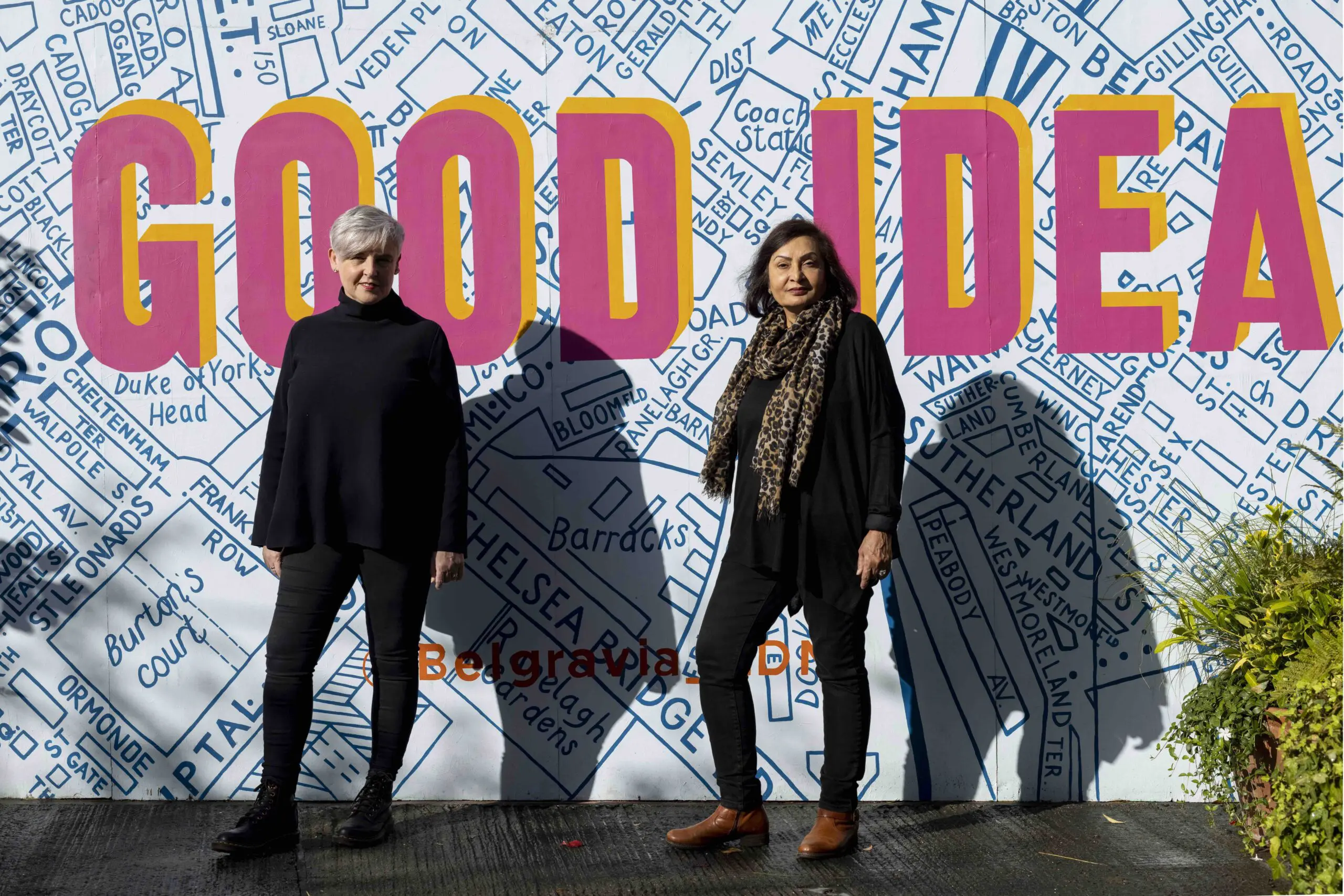
Ruth Sparkes and Sunita Gordon
co founders
Addressing the pressing issue of sexual harassment, racism and discrimination within work and study spaces, two women have unveiled ‘SaferSpace’. This is an ambitious digital solution that could revolutionise the way we tackle these challenges. Founders, Ruth Sparkes and Sunita Gordon, have combined their skills and expertise to develop a unique platform.
SaferSpace’s primary mission?
We aim to offer individuals a confidential channel. This channel is for reporting instances of abuse, discrimination, or harassment in the workplace or study space.
Ruth, an educational marketing and PR professional with a keen insight into the challenges faced by students and staff alike, remarked, “It’s shocking to see the statistics and hear the stories. We wanted to create something that not only gave victims a voice but also helped institutions foster safer environments. That’s where SaferSpace comes in.”
Sunita, a business professional, was compelled to take action after witnessing friends and colleagues face injustices. “The business world isn’t immune to these issues,” she shared. “Ruth and I realised that by merging our backgrounds, we could create something truly impactful.”
The tool stands out for several reasons. Firstly, it offers anonymity, a crucial feature that allows users to share their experiences without the fear of repercussions. This is especially pivotal in hierarchal institutions where power dynamics can often deter individuals from coming forward.
Secondly, SaferSpace offers organisations and institutions actionable insights.
This isn’t just about lodging a complaint. It’s about providing establishments with the data they need. The tools are necessary to enact real change.
By understanding the magnitude and nature of the issues they face, organisations can develop more targeted and effective interventions.
The response from early adopters has been overwhelmingly positive. Several universities and corporate entities are in advanced stages of discussions to integrate SaferSpace into their operational frameworks.
But beyond the innovation of SaferSpace, the story of its founders stands out. In an industry that often sidelines female entrepreneurs, Ruth and Sunita’s collaborative triumph serves as an inspiration. Their backgrounds, though diverse, converge on one key principle: the importance of creating safe and inclusive environments.
In an industry that often sidelines female entrepreneurs, Ruth and Sunita’s collaborative triumph serves as an inspiration.
Ruth added, “While developing SaferSpace, Sunita and I often reflected on our own experiences. It’s a stark reminder that this isn’t just a business endeavour for us; it’s deeply personal.”
As institutions and organisations worldwide grapple with the realities of the digital age, they will increasingly rely on tools like SaferSpace. With its launch, Ruth and Sunita hope they’ve ignited a conversation. Asking us all to reflect on the roles we play in making our spaces safer.
If the early buzz is anything to go by, SaferSpace might just be the example many have been waiting for. Incidents of workplace sexual harassment and discrimination are increasing. It’s timely and necessary. It is also a testament to the vision of its founders.
If you are interested in exploring what SaferSpace offers, reach out to Ruth and Sunita. They welcome queries and discussions on how it might benefit your institution.
